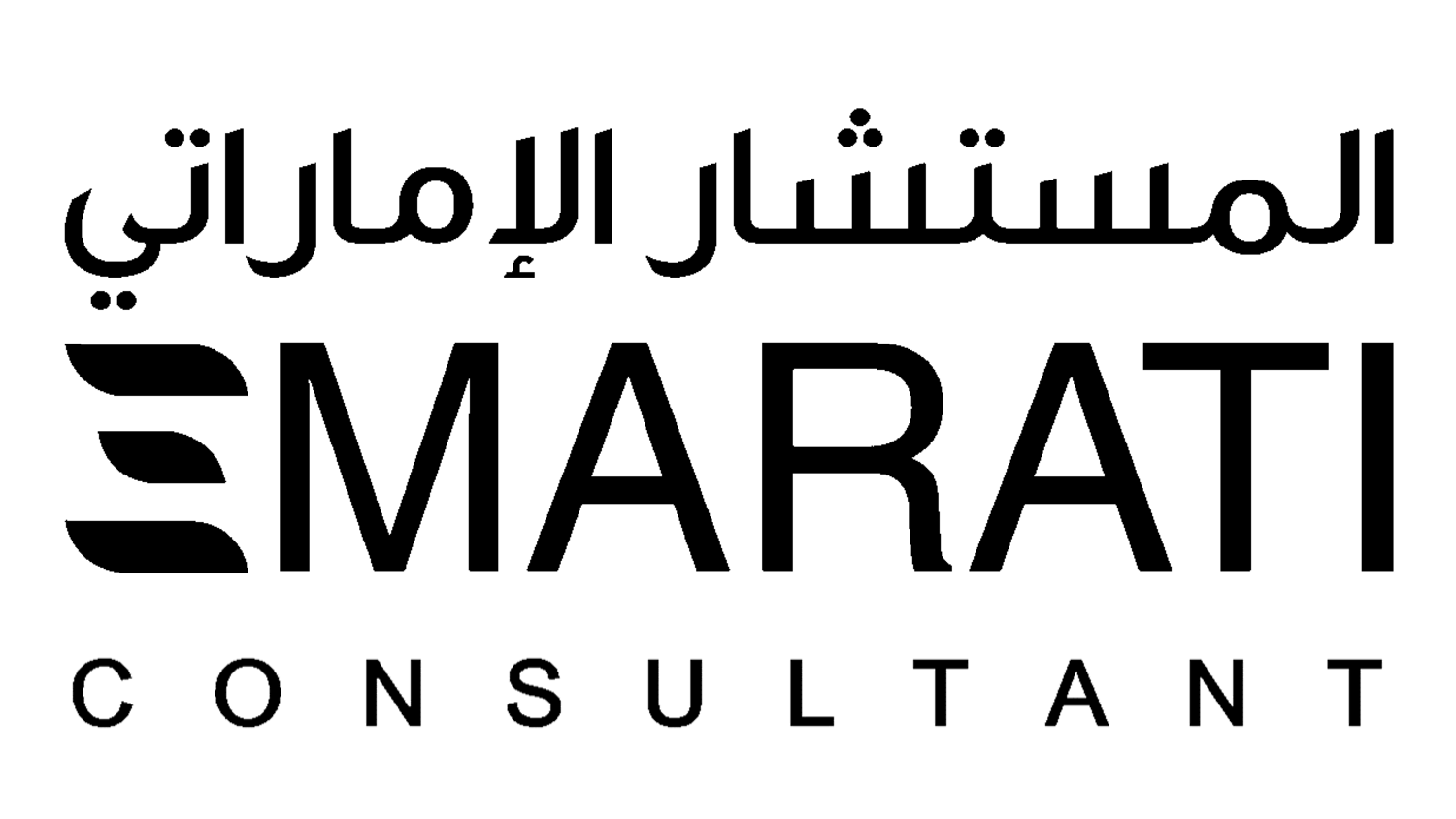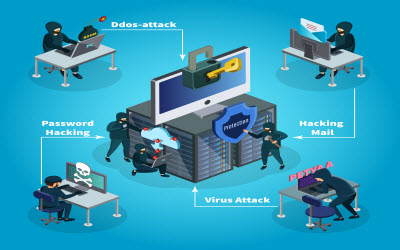Why Choose this Training Course?
Ethical Hacking is a foundational course designed to provide participants with a comprehensive understanding of the principles and practices of ethical hacking. Through a combination of theoretical learning and practical exercises, participants will explore the fundamentals of cybersecurity, including common threats, vulnerabilities, and attack techniques. Key topics covered include reconnaissance, scanning, enumeration, exploitation, and post-exploitation, all from an ethical perspective. Participants will also learn about tools and techniques used by ethical hackers to assess and secure computer systems and networks. Whether you’re new to cybersecurity or looking to enhance your skills, this course serves as an essential first step toward understanding the ethical hacking landscape and preparing for further study or careers in the field. Top of Form
This training course will highlight the following:
- Foundational Knowledge:
- Common Threats and Vulnerabilities
- Ethical Hacking Techniques
- Tools of the Trade
- Hands-on Practice
- Ethical and Legal Considerations
- Real-world Case Studies
What are the Goals?
Upon attending this training course, the participants will be able to:
- Gain a solid understanding of cybersecurity principles, concepts, and terminology, including the importance of ethical hacking in securing systems and networks.
- Learn about the legal and ethical frameworks governing ethical hacking, including laws, regulations, and industry standards related to cybersecurity and data privacy.
- Explore common hacking tools and techniques used by attackers, including reconnaissance, scanning, enumeration, exploitation, and post-exploitation.
- Develop skills in identifying and assessing vulnerabilities in systems and networks, as well as conducting penetration tests to evaluate security defenses.
- Understand how to analyze cybersecurity risks and vulnerabilities, prioritize security controls, and develop risk mitigation strategies to protect against cyber threats.
- Learn about common network security technologies and protocols, including firewalls, intrusion detection systems (IDS), and virtual private networks (VPN), and their role in defending against cyber attacks.
- Explore web application security principles and best practices, including common vulnerabilities such as SQL injection, cross-site scripting (XSS), and insecure direct object references (IDOR).
- Understand the principles of wireless security, including Wi-Fi encryption, authentication mechanisms, and common attacks against wireless networks.
- Develop skills in incident response and digital forensics, including identifying security incidents, collecting and analyzing evidence, and responding to cyber attacks effectively.
- Learn about the phases of the ethical hacking process, including reconnaissance, scanning, enumeration, exploitation, and reporting, and how to conduct ethical hacking engagements ethically and responsibly.
Who is this Training Course for?
This training course is appropriate to the following:
- Cybersecurity Enthusiasts: Those interested in learning about ethical hacking principles, techniques, and tools.
- IT Professionals: System administrators, network engineers, and security analysts seeking to deepen their cybersecurity knowledge.
- Students: Those studying computer science, information technology, or cybersecurity who want to explore ethical hacking.
- Security Researchers: Individuals interested in security research and vulnerability assessment.
- Penetration Testers: Professionals aiming to formalize their knowledge and skills in penetration testing.
- Ethical Hackers: Aspiring ethical hackers or certified penetration testers seeking foundational knowledge.
- Business Owners and Managers: Decision-makers interested in understanding cybersecurity and ethical hacking for business protection.
How will this Training Course be Presented?
This Course is designed for computer teaching with the use of an Advanced Virtual Learning Platform in the comfort of any location of your choice. There will be an exercise, case studies, and real-life examples to help the participants use their knowledge to build their skills on each topic.
- Introduction to Ethical Hacking: Overview of ethical hacking concepts, terminology, and legal considerations.
- Cybersecurity Fundamentals: Understanding common cybersecurity threats, vulnerabilities, and attack vectors.
- Footprinting and Reconnaissance: Techniques for gathering information about target systems and networks.
- Scanning and Enumeration: Methods for identifying open ports, services, and system vulnerabilities.
- Vulnerability Assessment: Identifying and assessing vulnerabilities in target systems and networks.
- Exploitation Techniques: Understanding how vulnerabilities are exploited to gain unauthorized access.
- Post-Exploitation: Techniques for maintaining access and escalating privileges after a successful breach.
- Ethical Hacking Tools: Introduction to tools and software used by ethical hackers for reconnaissance, scanning, exploitation, and post-exploitation.
- Hands-on Labs: Practical exercises and simulations to apply learned concepts and techniques in real-world scenarios.
- Ethical and Legal Considerations: Understanding the ethical and legal implications of ethical hacking, including ethical guidelines and laws governing penetration testing and vulnerability assessment.
- Case Studies: Analysis of real-world ethical hacking incidents and their implications.
- Preparation for Further Study or Certification: Guidance on next steps for participants interested in pursuing further study or certification in ethical hacking or cybersecurity.
Session 1: 11:00-12:30 Dubai [UTC/GMT +4]
Break : 12:30 – 13:00 Dubai [UTC/GMT +4]
Session 2: 13:00 – 14:30 Dubai [UTC/GMT +4]
Certificate of Completion for delegates who attend and complete the course
COURSE REGISTRATION
Kindly email info@emaratic.com for registration or call +971 43 34 6009 for assistance
WANT TO KNOW MORE
Our Training Platforms

Digital Learning

Virtual Learning

Instructor-Led Learning

Blended Learning


